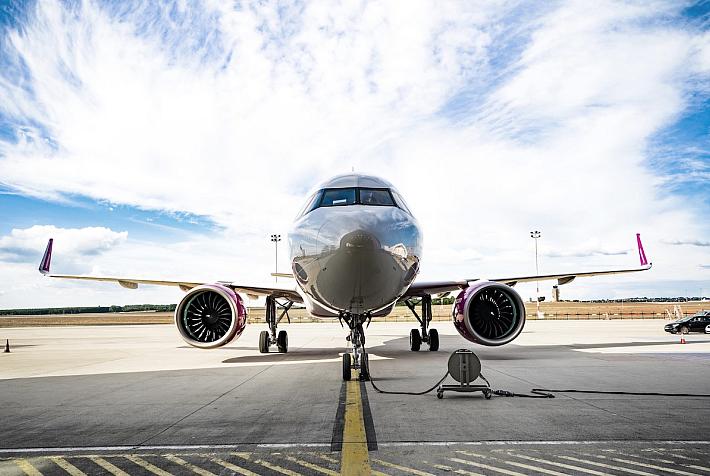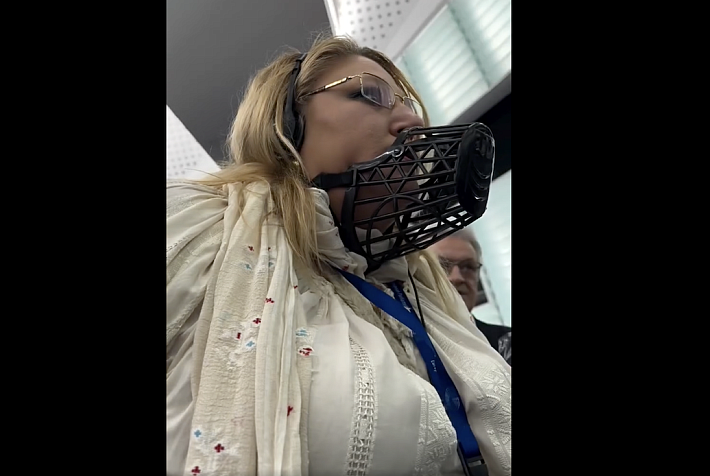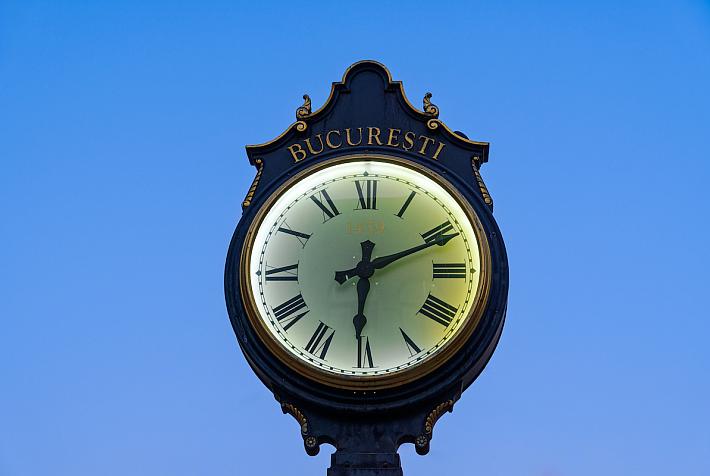Trends and challenges in Romania’s construction industry: Insights from MASTERBUILD CEO Stefan Vayna
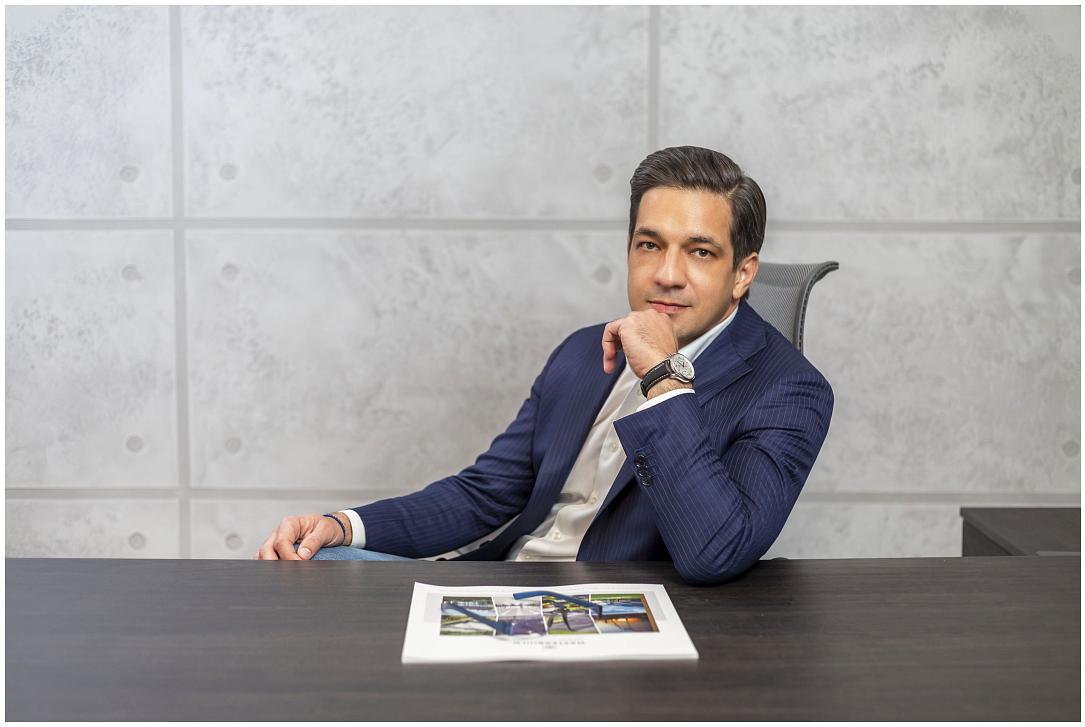
As Romania continues its journey towards modernization, the construction industry stands at the forefront of this transformation. Stefan Vayna, CEO of MASTERBUILD – one of the leading construction companies in the country, sheds light on the latest trends, challenges, and evolving client expectations shaping the sector.
Despite the disruptions caused by the COVID-19 pandemic and geopolitical tensions, Romania’s construction market has shown remarkable resilience. According to data from the National Institute of Statistics, the volume of construction works increased by 12.9% in 2022 compared to the previous year. This growth is underpinned by significant infrastructure projects, including the completion of over 200 kilometers of motorways and express roads in 2023.
However, this growth comes with its set of challenges. The costs of construction materials and labor have seen a substantial increase, coupled with rising fiscal and financing costs. “In terms of costs, we need to highlight a rather unbalanced market in the last three years, with increased construction materials and workforce costs, together with fiscal and financing costs, leading to certain unpredictability in the market,” says Stefan Vayna, CEO of MASTERBUILD.
The expectations of clients in the construction sector have also evolved significantly. Historically, there was a strong emphasis on minimizing costs, sometimes at the expense of quality and safety. Today, however, there is a growing recognition of the importance of high standards and sustainable practices. Vayna highlights this shift: “The last few years and the change of generations have radically transformed Romania's construction sites. Companies now understand how vital the highest standards of quality, sustainability, and safety are.”
Clients range from international corporations to local entrepreneurs and public institutions, each with unique demands. While some still prioritize cost-efficiency, there is an increasing focus on durability, safety, and compliance with stringent standards.
The construction industry in Romania still faces several significant hurdles. Bureaucratic complexities in obtaining necessary authorizations can lead to project delays, affecting planning and budgets. Additionally, there is a notable shortage of skilled labor, exacerbated by the migration of workers to higher-paying EU countries and a lack of adequate training programs.
Economic volatility and high inflation further complicate the landscape, increasing operational and financing costs. Public procurement processes also pose challenges, with complexities and sometimes unfair practices hindering transparency and competitiveness.
Looking forward, Vayna envisions continued growth in the industrial and retail sectors, driven by the development of modern facilities and innovative formats. Sustainable building technologies and practices are expected to become more prominent, driven by regulatory pressures and market demands for energy-efficient solutions.
Digitalization and advanced technologies, such as Building Information Modeling (BIM) and construction process automation, are set to revolutionize project planning and execution. These innovations promise to enhance efficiency, reduce costs, and improve overall project outcomes.
Read more in the Q&A interview below:
Please tell us a few things about MASTERBUILD: How long has the company been on the market, and what kind of projects have you been involved in?
Stefan Vayna: MASTERBUILD is a privately owned construction company established in the early 2000s in Bucharest. Since then and until today, we have implemented international projects in Central and Eastern Europe, Asia, or Africa, as well as all over Romania. We offer comprehensive services in general contracting, project management, and special construction works for local and international corporate and institutional clients.
We are active in the production and industrial construction segment (production and industrial facilities for various sectors), as well as in commercial projects (logistic parks for the retail segment, retail parks, retail store networks), office and residential and institutional projects, where we have expertise in particular in the field of buildings for strategic or military use.
In the last 4-5 years, MASTERBUILD has signed a total of more than 500,000 square meters of built spaces, including related infrastructure, both in large cities such as Bucharest, Craiova, Pitesti, Oradea, Timisoara and in smaller cities such as Satu Mare, Baia Mare or Targu Mures, with growth potential.
Among the most significant projects completed in recent years or underway are the new production facilities near Bucharest for the Policolor Group - Orgachim - one of the largest companies active in the production and commercialization of paints and varnishes, resins and specialty chemicals, or Zentiva - one of the largest international producers of pharmaceuticals, the Green Aerospace Technology Research Center (GATC) in Craiova - the main research center in aerospace sciences in Romania, or numerous projects for international logistics or retail operators such as VGP, Hornbach, Auchan, Lidl or Kaufland.
How has the construction market in Romania evolved in recent years in terms of work volumes and costs? What are the main drivers in this market?
Stefan Vayna: The construction market in Romania has developed significantly in recent years, both in terms of volume of work and investments, despite the COVID-19 pandemic, border conflicts, and many other factors that have unbalanced the economy.
The construction sector has been growing steadily in terms of work volumes. According to data from the National Institute of Statistics (NSI), the volume of construction works increased by 12.9% in 2022 compared to 2021 on a gross basis and by 10.8% on a working day and seasonally adjusted basis. In 2023, more than 200 kilometers of motorways and express roads were also completed, which contributed significantly to the increase in the volume of work.
In terms of costs, we need to highlight a rather unbalanced market in the last three years, with increased construction materials and workforce costs, together with fiscal and financing costs, leading to certain unpredictability in the market.
From the point of view of the main market drivers, we can definitely include European funding, public and private investment, and infrastructure development projects.
Access to European structural and investment funds has played a crucial role in Romania's infrastructure development and modernization in recent years. By 2027, Romania will benefit from approximately EUR 30 billion of European funds, a significant part of which is earmarked for infrastructure projects. Moreover, the significant increases in industrial construction, for example, are due to record public investments amounting to more than RON 120 million, according to the National Statistics Institute.
What are the biggest challenges that construction companies in Romania currently face?
Stefan Vayna: Construction companies in Romania face a number of significant challenges affecting all aspects of their activities, from planning and execution to resource management and regulatory compliance. One of the biggest challenges is the bureaucratic process and complexity of construction regulations. Obtaining the necessary authorizations to start projects can be a long and difficult process, involving multiple approvals and approvals from different authorities. This complexity can lead to significant delays in starting work, affecting project planning and budgets.
The Romanian construction sector is also facing a considerable shortage of skilled workers. The migration of the workforce to other EU countries, where wages are higher, combined with a lack of adequate training programs, makes it difficult to find and retain the necessary staff. This shortage affects the quality and pace of project execution.
Economic volatility and high inflation have a direct impact on the construction sector. As financing and operating costs increase, this translates into unpredictability and an increase in investment budgets. This economic instability can adversely affect companies' strategic planning and their ability to maintain financial stability.
Last but not least, public procurement and tendering procedures are often complex and can be affected by unfair practices. Construction companies face difficulties in navigating this process and ensuring that projects are awarded transparently and fairly. Lack of transparency in the tender process can negatively affect competitiveness and fairness in the market.
What types of clients do you deal with in this market and what are their demands? Do they focus more on costs or quality (high standards, sustainability)?
Stefan Vayna: Our clients are extremely diverse, given the diversity of the services we offer and the specifics of the sectors we work in: industrial, commercial/ retail, and institutional construction. Clients can range from well-known international clients to local entrepreneurs and public institutions.
Our clients’ requirements can vary depending on the turnaround time, the size of the job, and the purpose of the construction. It is true that in the past, we have been faced with the desire of some clients to keep costs as low as possible, and this can seriously affect the final work in terms of safety and durability. For this reason, we are committed to providing our clients with advice and consultancy to understand what the required project entails and why compliance with certain standards is essential.
But the last few years and the change of generations and mentalities in construction have radically transformed Romania's construction sites, and we are happy about this because our entire business vision is based on innovation, added value, and responsibility. For too long, the construction industry in Romania has operated on low-standard principles, and the only way to change perceptions and improve long-term building quality is to take steps forward and demonstrate that it can be done.
Today, we work for companies that understand, as we do, how vital the highest standards of quality, sustainability, and safety are for the occupants, first of all.
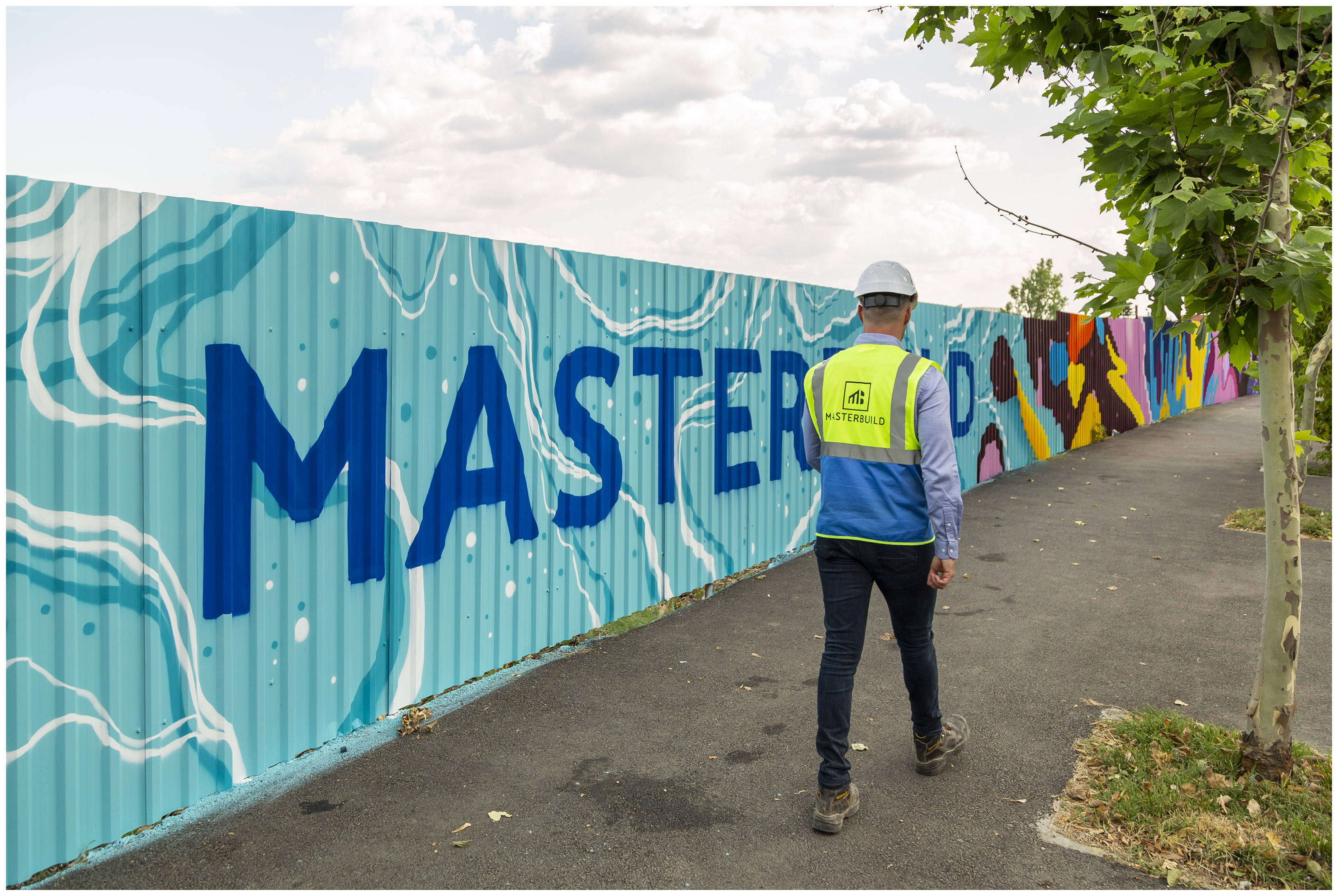
What is your set of best practices in construction? What criteria should a well-built project meet in your view?
Stefan Vayna: I believe that a well-defined set of best practices is essential for the success and sustainability of our projects. Good construction practices not only ensure the quality and durability of the work but also contribute to operational efficiency and the satisfaction of our clients. Some of our main best practices are as follows:
Rigorous and Detailed Planning: Every project begins with meticulous planning that includes assessing risks, establishing budgets, identifying required resources, and creating a realistic schedule.
Effective Project Management: We use advanced project management software to track progress, manage resources, and communicate effectively with all stakeholders. This allows us to stay on track and adapt plans as needed.
Meeting quality standards: We ensure that all materials and methods used meet the highest quality standards. We only work with reliable suppliers and subcontractors who share the same quality values.
Site security & permanent surveillance: To ensure safety on site, we use electronic security, an efficient monitoring system with advanced video analytics. This eliminates the potential for human error, increases the level of security, and optimizes site security budgets by up to 25-30%. Also, at the moment, each of our projects in the works is remotely monitored by video, with our control center based in Bucharest.
Sustainability and eco-responsibility: In terms of the major trends impacting the construction sector, the direction of sustainability (ESG), along with all the principles of a circular economy, will become increasingly important. We are already constructing zero-waste buildings, where the whole chain of materials used, right up to the materials leaving the construction site, applies the principle of continuous recovery, but in the not-too-distant future, we will see really smart buildings seamlessly integrated into the natural environment and community-friendly.
Effective planning, transparency and trust as a result of having a very good knowledge of the profession and understanding the needs of business partners and stakeholders are essential for good project management and sustainable relationships over time. The more transparency there is throughout the project and the better the project is planned from the earliest stages, the more the risk of unforeseen events is reduced and the mutual trust between the parties is strengthened.
A successful construction project results from applying a rigorous set of best practices and meeting clear criteria of quality, compliance, sustainability, functionality, and aesthetics. Above all, we need to understand that the quality of people matters just as much because it is only through quality people who are willing to embrace novelty and change that anything can be significantly improved.
Overall, have you seen any improvements in the quality of construction work in Romania in recent years?
Stefan Vayna: I can say with confidence that there are remarkable improvements in the quality of construction in Romania, especially as we apply them ourselves. At a national level, you can see that the big players, at least, have increasingly started to adopt modern technologies and IT systems for project management, which contributes significantly to operational efficiency and reducing errors.
Also, increasing customer demands and expectations for high-quality projects have motivated companies to invest in superior materials and better construction practices. We are very happy about this, given that for too long in Romania there has been a mentality that cheap and good are both possible, which is very often wrong. At the same time, we are pleased to see that there is an increasing emphasis on sustainability and green building practices because this has led constructors to use more sustainable materials and implement more energy-efficient solutions.
We are seeing a positive direction in improving the quality of construction works, reflected in the adoption of international standards, the integration of advanced technologies and a greater focus on sustainability and safety. However, there is still room for further improvement and to consolidate this progress across the sector.
Can you share with us some predictions related to trends and changes in the Romanian construction market in the following years?
Stefan Vayna: I envision continued growth in the production, industrial and retail sectors, with a focus on the development of modern premises and advanced facilities, together with new, innovative formats, to meet market and investor demands.
As Romania adopts more sustainable building technologies and practices, there will be increased pressure on construction companies to implement eco-friendly solutions and meet energy efficiency standards. Infrastructure will also play a crucial role in the country's economic development, and investment in infrastructure projects will be essential for Romania's regional and international connectivity.
At the same time, digitization and the use of advanced technologies such as Building Information Modeling (BIM) and construction process automation will revolutionize the way construction projects are planned and executed. These innovations will increase efficiency and reduce costs, contributing significantly to improving the operational performance of companies in the construction industry.
From my point of view, the future of the Romanian construction market is promising, with sustainable growth in various sectors and continuous adaptation to new environmental and technological requirements. Construction companies will need to be agile and quickly adopt new trends to remain competitive and meet the complex needs of the changing market. Romania is definitely changing for the better.
* This interview was edited by the Romania Insider team for MasterBuild.


